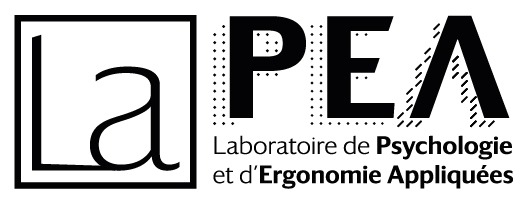Jeudi 10 décembre 2020
Title: Science-society dynamics through social representations theory lenses
Abstract
Modern societies are under constant change. Social representations theory (SRT) proposes interesting theoretical tools to analyse how scientific activities changed human-environment relations. In this presentation I will illustrate through two studies how “scientific facts” are either created or create epistemological and social change. A first set of studies was interested in the notion of expert and how it might hide more diversity that what is assumed. Here risk perceptions of nanoproducts are compared across a broad variety of scientific backgrounds (Bertoldo et al., 2016). Results show that hard scientists attribute less risks to new nanoproducts, while life and social scientists tend to attribute more. The second study took these results further and tried to examine how different scientific assumptions, or models of science, influence how climate related scientific uncertainty is interpreted. Results show that more binary models of science (either/or) have difficulties in dealing with uncertainty and can be more prone to climate-sceptic arguments (Bertoldo et al., 2019). These studies consider the evolving social epistemologies within scientific – and interdisciplinary – communities mirror wider socioeconomical dynamics. The type of representations and the social processes that illustrate the modern science-society relations will be discussed.
Bio-sketch
Raquel Bertoldo is Associate Professor at the Centre of Social Sciences for Sciences (C3S) at the Université d’Aix-Marseille and member of the Laboratoire de Psychologie Sociale (LPS, EA 849), Aix-en-Provence, France. She is interested in the psychosocial aspects that shape in science-society relations. More specifically, how a better understanding of socio-cultural dynamics influencing the knowledge exchange between expert and lay spheres can contribute to local resilience and more balanced human-environment relations. These topics have been analysed in relation to resource conservation, climate change, natural and industrial risks.
